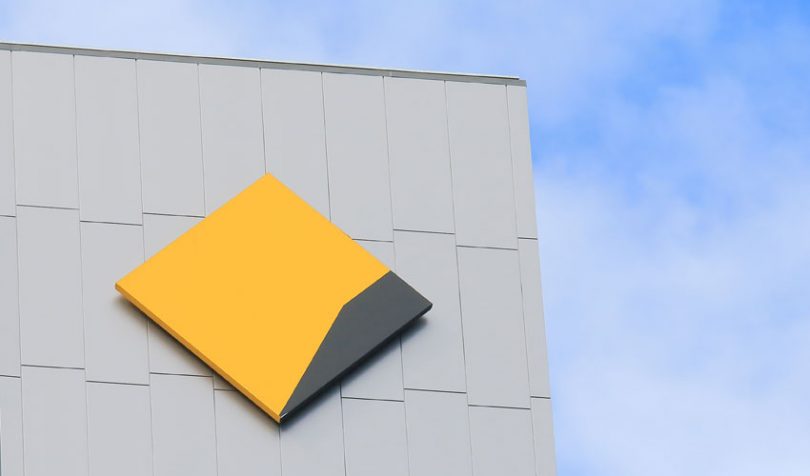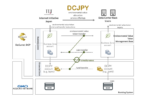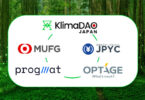Commonwealth Bank of Australia (CBA) has partnered with BioDiversity Solutions Australia (BDS) to develop a prototype biodiversity trading platform using blockchain tokens.
The idea is to provide companies that have signed up to New South Wales’ Biodiversity Offsets Scheme (BOS) with a digital marketplace for buying and selling biodiversity credits, called “BioTokens”. The BOS is part of 2016 local regulations aiming to minimize and offset companies’ negative impact on biodiversity. The objective is sustainable property development.
Landowners that meet the necessary biodiversity requirements will receive BioTokens. These can then be sold to developers who wish to offset their impact on local biodiversity.
Currently, developers are required to find and purchase the credits under their own steam.
The hope is that the prototype trading platform will change this. By opening up a transparent, real-time digital marketplace, the process has been streamlined. Developers can purchase BioTokens easily, and landowners can be confident of finding a buyer for their BioTokens, so it is worth their while fostering biodiversity on their lands.
Rod Barnaby, BDS Managing Director, says that the project aims to protect “environmental ecosytems, while also creating an alternative source of income for landowners and rewarding them for preserving biodiversity on their land.”
Sophie Gilder, CBA’s Head of Experimentation & Commercialization for blockchain, AI and emerging technology, hopes that leveraging blockchain to coordinate buyers and sellers of BioTokens will have an overall positive impact in protecting New South Wales’ environment. She says that by “digitizing biodiversity credits and building a marketplace where they can be bought and sold, we can invest in and protect our natural environments.”
CBA thinks that such a digitized marketplace could be extended in the future to other scarce resources, including water rights and intellectual property.
The bank is participating in multiple blockchain projects including issuing bonds for the World Bank on a private Ethereum blockchain. More recently it said it’s collaborating with IBM, ANZ and Westpac to digitize bank guarantees using blockchain.
Similar to renewable energy market
It is worth noting that similar initiatives to the BioTokens project are taking place in the renewable energy market.
For instance, in the U.S., companies have targets to demonstrate the proportion of electricity coming from renewables. These firms often purchase Renewable Energy Certificates (REC) from renewable electricity companies.
As with New South Wales’ BOS, the lack of a digital marketplace makes this more complicated.
Earlier this summer, Australian blockchain company Power Ledger teamed up with Californian renewable energy developer Clearway to introduce a blockchain-powered REC trading platform.
The future for such platforms would appear to be bright. The REC market in the US, for instance, is estimated to be worth $3 billion a year. This will keep growing as renewable energy targets increase, thereby increasing the necessity of digital trading platforms for RECs.







